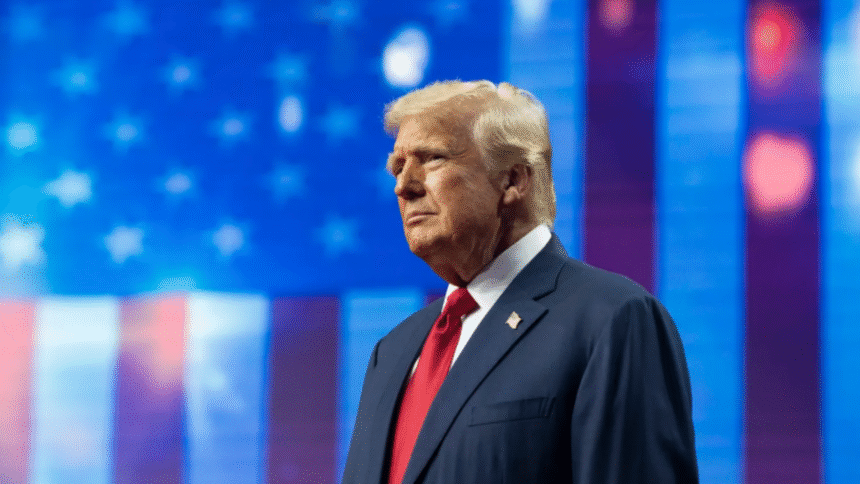U.S. President Donald Trump has announced the imposition of 25% tariffs on imports from Japan and South Korea, escalating trade tensions with two of America’s key allies. The move is part of a broader campaign by the Trump administration to pressure dozens of countries into negotiating more favorable trade agreements with Washington.
In a wave of diplomatic letters sent over the weekend, Trump informed the leaders of South Korea, Japan, South Africa, Malaysia, Myanmar, Laos, and Kazakhstan that new tariffs ranging from 25% to 40% will be applied to their exports unless substantial changes are made to their trade policies.
These letters, according to White House sources, state that the deadline for the tariffs to take effect is August 1, with further escalations threatened if retaliatory measures are introduced by the affected nations.
Currently, the mentioned countries are subject to a 10% tariff, part of a wider protectionist strategy that the Trump administration has implemented on nearly all major U.S. trading partners.
“The unfortunate reality is that trade relations with Washington remain far from reciprocal,” Trump stated in his letter to the Japanese and South Korean leaders, adding that the United States “must protect its economic interests and manufacturing sector.”
Despite the tough stance, Trump indicated a willingness to reduce the tariffs if the countries revise their trade practices to better align with U.S. expectations.
Japanese Prime Minister Shigeru Ishiba responded on Sunday, asserting that Japan would not be “easily swayed” in trade negotiations with Washington, signaling potential resistance to the imposed measures.
To date, the U.S. has finalized new trade agreements only with the United Kingdom and Vietnam. Negotiations with China have resulted in a temporary rollback of some tariffs—many of which exceeded 100%—as part of a mutual de-escalation effort.
Trump’s aggressive tariff policy continues to stir uncertainty across global markets and threatens to disrupt long-standing alliances, all while reshaping the framework of international trade.






